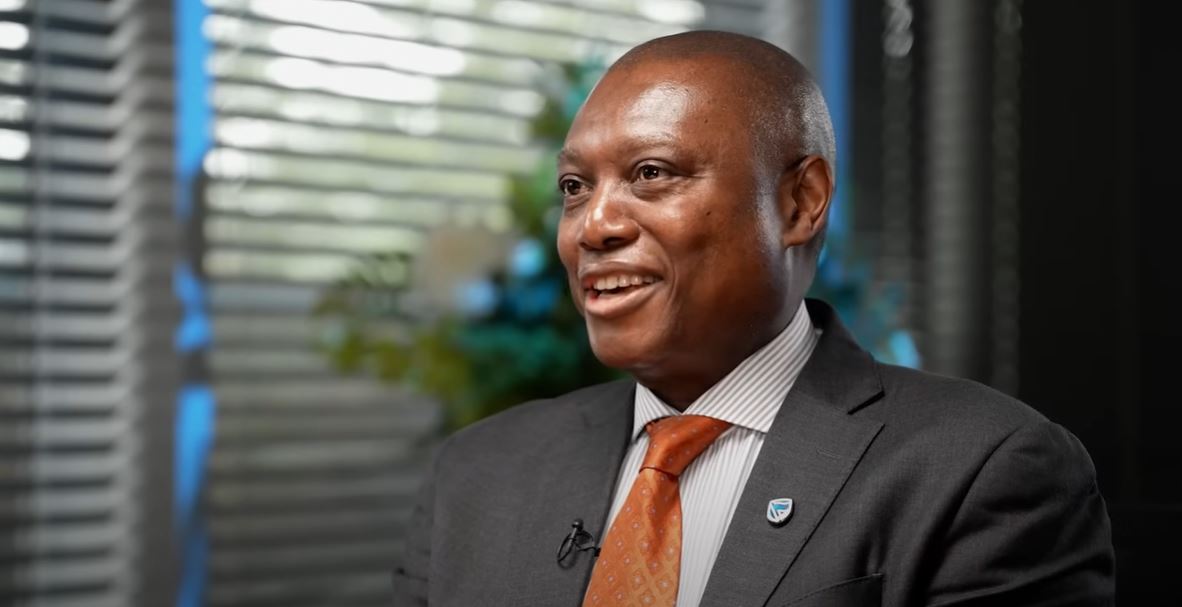
South Africa is using its presidency of the G20 to push for changes in global bank regulations—calling for relaxed capital requirements that would allow African lenders to fund more infrastructure. At the heart of this effort are G20 reforms for African banks, aimed at addressing a long-standing bottleneck in the continent’s development.
The push is centered on Basel III, a set of international banking rules designed to ensure stability after the 2007–2009 global financial crisis. While effective in high-income markets, these regulations are widely viewed as ill-suited for Africa’s high-growth, high-need environment.
“Africa needs $170 billion a year for infrastructure. It’s only raising $85 billion. Where will the rest come from? From easing the ability of the private sector to lend,” said Sim Tshabalala, CEO of Standard Bank and co-chair of the Business 20 (B20) Finance and Infrastructure Taskforce.
Why G20 Reforms for African Banks Matter
South Africa took over the G20 presidency from Brazil on December 1, 2024, under the theme “Solidarity, Equality and Sustainability.” Through this role, the country is championing G20 reforms for African banks that would adjust how capital requirements are calculated—giving banks more room to finance large-scale infrastructure projects.
Tshabalala explained the issue at the Africa Unlocked Summit in Cape Town: “If you’re forced to hold more capital, you can do fewer projects. But if Basel III is adjusted so you hold less capital per risk-weighted asset, it frees up lending power.”
The reform effort highlights a core challenge: African banks are required to set aside more capital because their lending is seen as higher risk. Changing those rules would unlock more funds for roads, energy, and digital infrastructure across the continent.
Responsible Reforms, Not Blank Cheques
Tshabalala emphasized that these changes should come with stronger government accountability.
“The call to ease Basel III is not so governments can use bank capital recklessly. They need to manage their fiscal houses better.”
He also urged credit rating agencies to improve how they assess African economies, noting the need for more regional experts to shape risk models.
By championing G20 reforms for African banks, South Africa hopes to balance prudent oversight with development urgency—creating space for private capital to drive long-overdue transformation.
Mark your calendars! TechTrends Pulse lands in Nairobi this August! Join top tech leaders, innovators & AI experts for a half-day of keynotes, showcases & sharp insights on business transformation. RSVP now -limited slots available! Register here.
Follow us on WhatsApp, Telegram, Twitter, and Facebook, or subscribe to our weekly newsletter to ensure you don’t miss out on any future updates. Send tips to editorial@techtrendsmedia.co.ke


